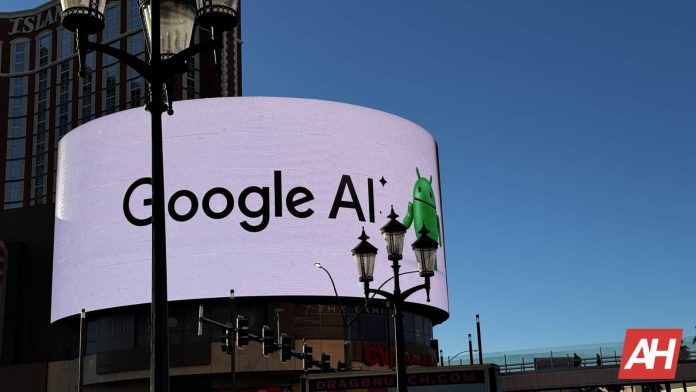[ad_1]
Google just updated its Terms of Service regarding ownership of AI outputs. The company confirmed that they will not claim ownership of the content generated by their artificial intelligence models. This means you could even use them commercially if you want.
One of the most controversial points about the use of AI is the copyright of the content. There are multiple discussions around both the use of content obtained from the Internet and who owns the output created by AI. While there seems to be a lot of debate ahead, Google is helping to clarify the situation regarding the use of services based on its LLMs.
Ownership of content generated by Google AI tools is yours
As spotted by 9to5Google, a new clause in Google’s updated Terms of Service notes that they “won’t claim ownership over generated AI content.” They even offer the generation of a poem through the company’s AI tools as an example. According to the update, you could publish the poem commercially without prior authorization from Google.
The updated Terms of Service also include things you should avoid doing. The list mentions actions that can cause damage to the company, its services, or its users:
– introducing malware
– spamming, hacking, or bypassing our systems or protective measures
– jailbreaking, adversarial prompting, or prompt injection, except as part of our safety and bug testing programs
– providing services that appear to originate from us when they do not
– using our services (including the content they provide) to violate anyone’s legal rights, such as intellectual property or privacy rights
– reverse engineering our services or underlying technology, such as our machine learning models, to extract trade secrets or other proprietary information, except as allowed by applicable law
– using automated means to access content from any of our services in violation of the machine-readable instructions on our web pages (for example, robots.txt files that disallow crawling, training, or other activities)
– hiding or misrepresenting who you are in order to violate these terms
– providing services that encourage others to violate these terms
Google also warns about practices to avoid regarding the use of content generated through its AI tools to commit fraud:
– phishing
– creating fake accounts or content, including fake reviews
– misleading others into thinking that generative AI content was created by a human
– providing services that appear to originate from you (or someone else) when they actually originate from us
The new Terms of Service will come into effect next month
The latest Terms of Service with the new Google AI output ownership policies will come into effect as of May 22, 2024. The company also adapted its ToS to the specific laws of France and Australia. Lastly, this update does not include changes to their Privacy Policy.
[ad_2]
Source link
